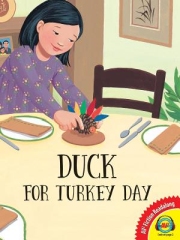

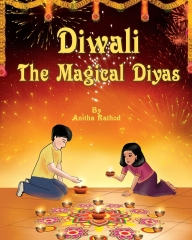
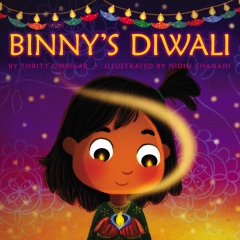
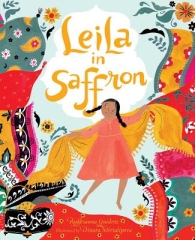
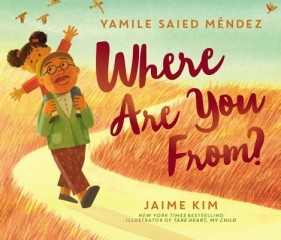
October 2020 Newsletter
Leonard Chan
Executive Editor
Events
Teachers for Social Justice is continuing their virtual conference on November 14th and December 12th. To learn more about it and to register go to t4sj.org. Note that they also have a video from their first day of the conference at youtube.com/c/Teacher4SocialJustice.
--------
Catch a video of the October 21 Filipino American History Month Virtual Celebration at youtu.be/bP7Jrgjk2tk.
--------
If you have an event that you would like us to mention and or to participate in, please feel free to let us know.
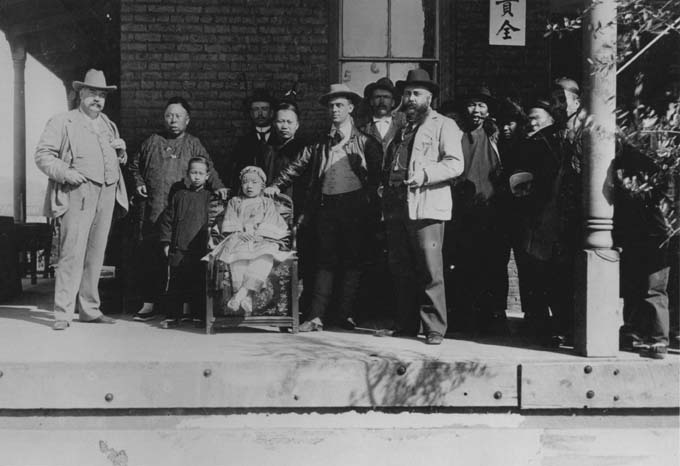
Dinner at Fong Lee's
By Leonard Chan
In May of 1894, White supremacist groups forced Chinese and some Japanese farmworkers out of farms in Fresno, Pleasanton, and the Vaca Valley. They stole, beat, and shot at the Asian workers, and, with the tacit approval of the law and judges, were allowed to seize many of the Asian workers as prisoners for deportation.
This is just a small sample of incidents that reveal the dark racial climate of what was happening throughout California and other Western states during that time. Author Jean Pfaelzer, in her groundbreaking book Driven Out: the Forgotten War Against Chinese Americans, does a marvelous job of retelling this horrible facet of Old West history (this is a must read for anyone that is the least bit curious about how Asians fit into the 19th century American experience). From the years 1849 to 1906, Pfaelzer states that there were over 200 similar incidences in California alone.
This article is not about all the atrocities that were being committed against Asian in the West in the 1800s. This introduction is meant to give you some context to the rest of this piece. On January 31, 1895, approximately eight months after the earlier described incidents, a Chinese man in the town of Oroville, California, chose to break bread with his Caucasian neighbors.
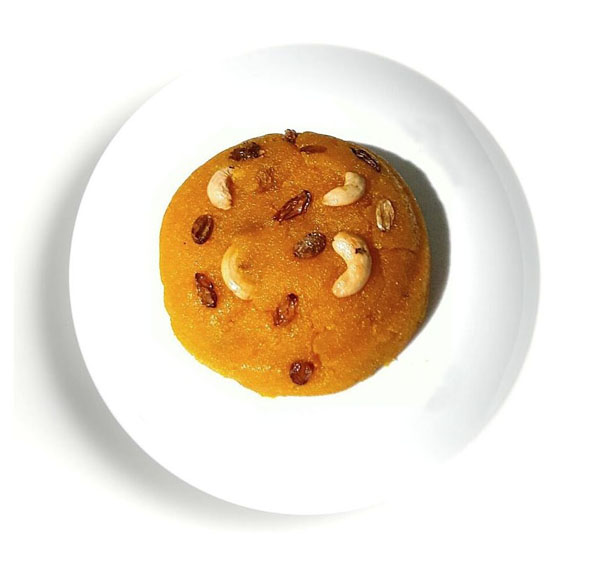
Rava Kesari
Part 2 of AACP's Comfort Food Series
By Arthi Kruba
In my childhood days, I usually liked eating fried Indian desserts. However, there are quite some non-fried easy-to-make desserts that I like. One such dish that quenches my sugar cravings is 'Rava kesari'.
This dessert is quite common in South India. In some parts of India, it is also called as 'Kesari bath' or 'Suji kesari'. 'Rava' or 'Suji' means semolina. Kesari refers to the saffron color.
Featured Books
View full descriptions of all these featured books at Bookshop.org where you'll also have the opportunity to purchase them.
Children's Books
General Literature
Cookbooks
Copyright © 2020 by AACP, Inc.